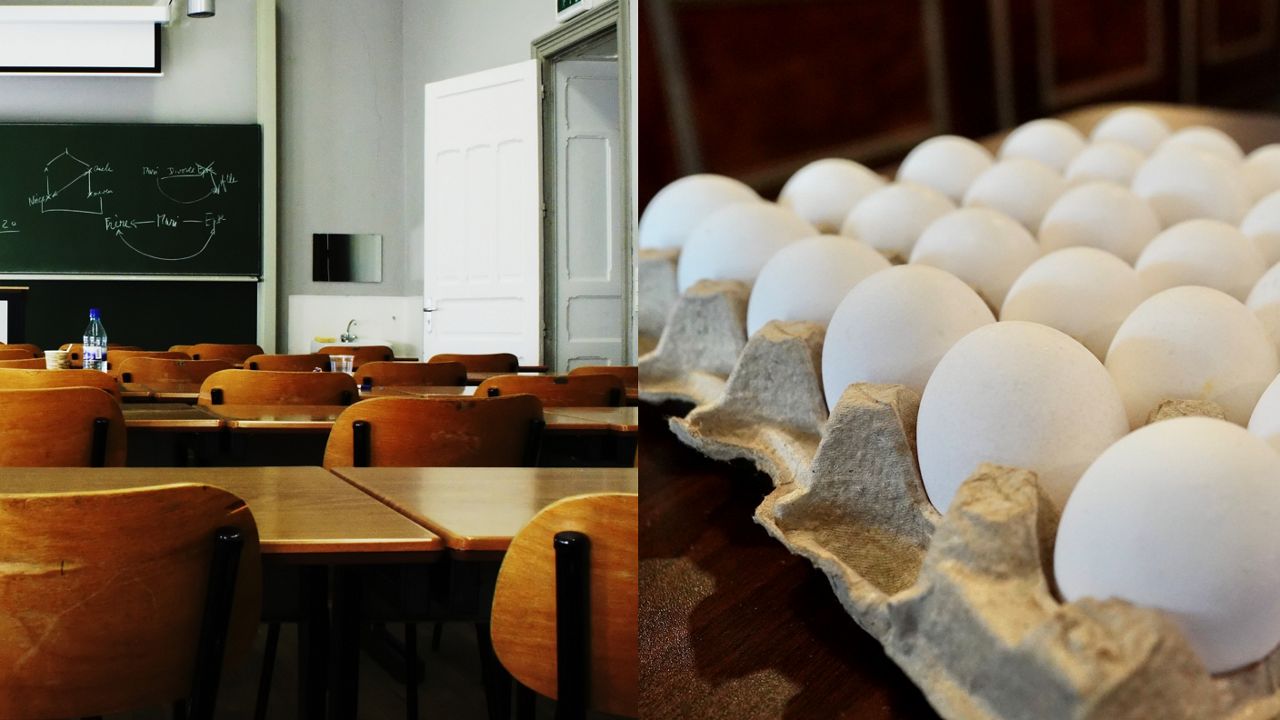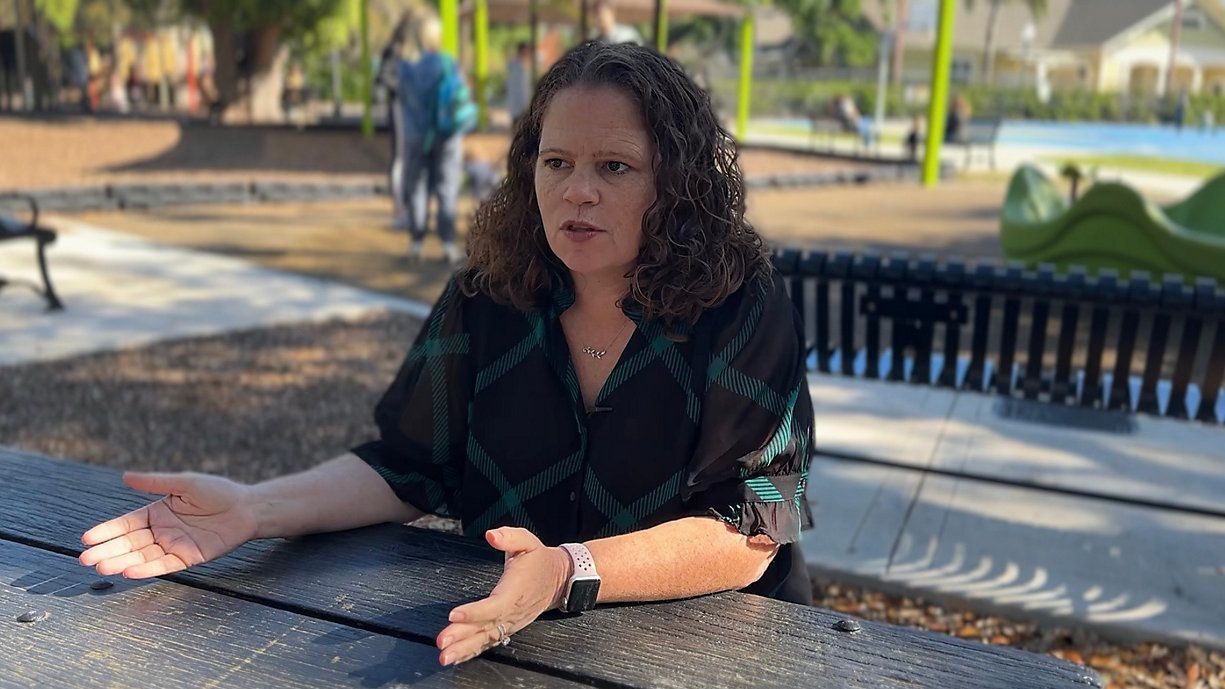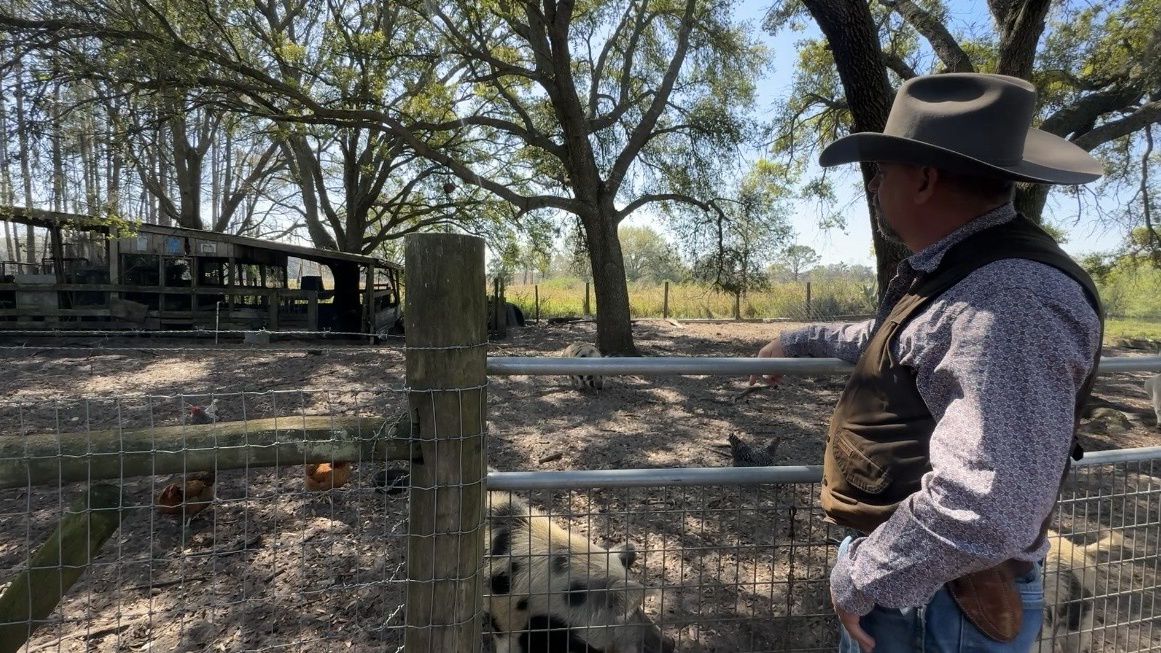After hurricanes and other natural disasters issues like physical injury and property damage drive the immediate costs and logistical challenges. Closely related is the effect of disaster on the mental health of the population.
What You Need To Know
According to the American Psychiatric Association, children are more likely to suffer from psychological trauma following a natural disaster, due to disruptions in routine and exposure to parental stress.
A June, 2022 report in the Journal of the American Medical Association found increased rates of post traumatic stress symptoms in individuals directly impacted by Hurricanes Irma and Michael.
Mental health experts say to be on the lookout for symptoms arising in the coming months.
According to the American Psychiatric Association, children are more likely to suffer from psychological trauma following a natural disaster, due to disruptions in routine and exposure to parental stress.
A June, 2022 report in the Journal of the American Medical Association found increased rates of post traumatic stress symptoms in individuals directly impacted by Hurricanes Irma and Michael.
Mental health experts say to be on the lookout for symptoms arising in the coming months.
Although it is difficult to calculate the full psychological toll of a hurricane, mental health experts and survivors of Hurricane Ian say rates of anxiety, depression, and post-traumatic stress disorder (PTSD) will probably climb in the coming months.
On Sept. 29, Chris Collier believed the worst of Hurricane Ian had already passed. The storm was downgraded and his home in Deltona had not been damaged by high winds or falling debris. But waters from the lake behind his home did not stop rising.
“This was the 29th at 1:37,” said Collier, scrolling through images of the floodwaters on his phone. Collier and his wife packed sandbags and piled them high around the home, but water crept in anyway. Destroying furniture and belongings. The drywall in the family’s living room soaked the water up to over two feet above the floor, and the house smelled like sewage.
Collier worried about the effect of the hurricane on his kids, who stayed with family friends in the immediate aftermath of the storm.
“I don’t want them traumatized every time the news talks about a hurricane, them [to] think they’re going to lose their house,” he said.
Research supports his concern from the American Psychiatric Association, which has found children are more likely to suffer from mental distress following a natural disaster, because of disruptions in routine and exposure to parental stress.
“What goes unseen are some of the psychological damages and traumas that we experience because we have lived through an event that has made us feel anxious and scared,” said Marni Stahlman, CEO of the Mental Health Association of Central Florida. “That’s primarily because, as human beings, we like to think we have control over things–and a hurricane is one of those events where there’s very little control.”
For Collier, who is a conservationist and hunter, the sudden loss of his home was jarring. “I woke up having a panic attack, because in the dream, I felt like the house was literally just falling apart and I started getting super angry because I couldn’t control it all.”
Collier’s house is not currently habitable; he and his family have moved into an RV and are renting space from a state park.
For others who have been displaced by Hurricane Ian, Stahlman explained that there can be “a conflict about wanting to return to something that’s not going to return, and how to process that.” The Mental Health Association of Central Florida provides free mental health services to individuals who are uninsured and hosts a referral program as well.









